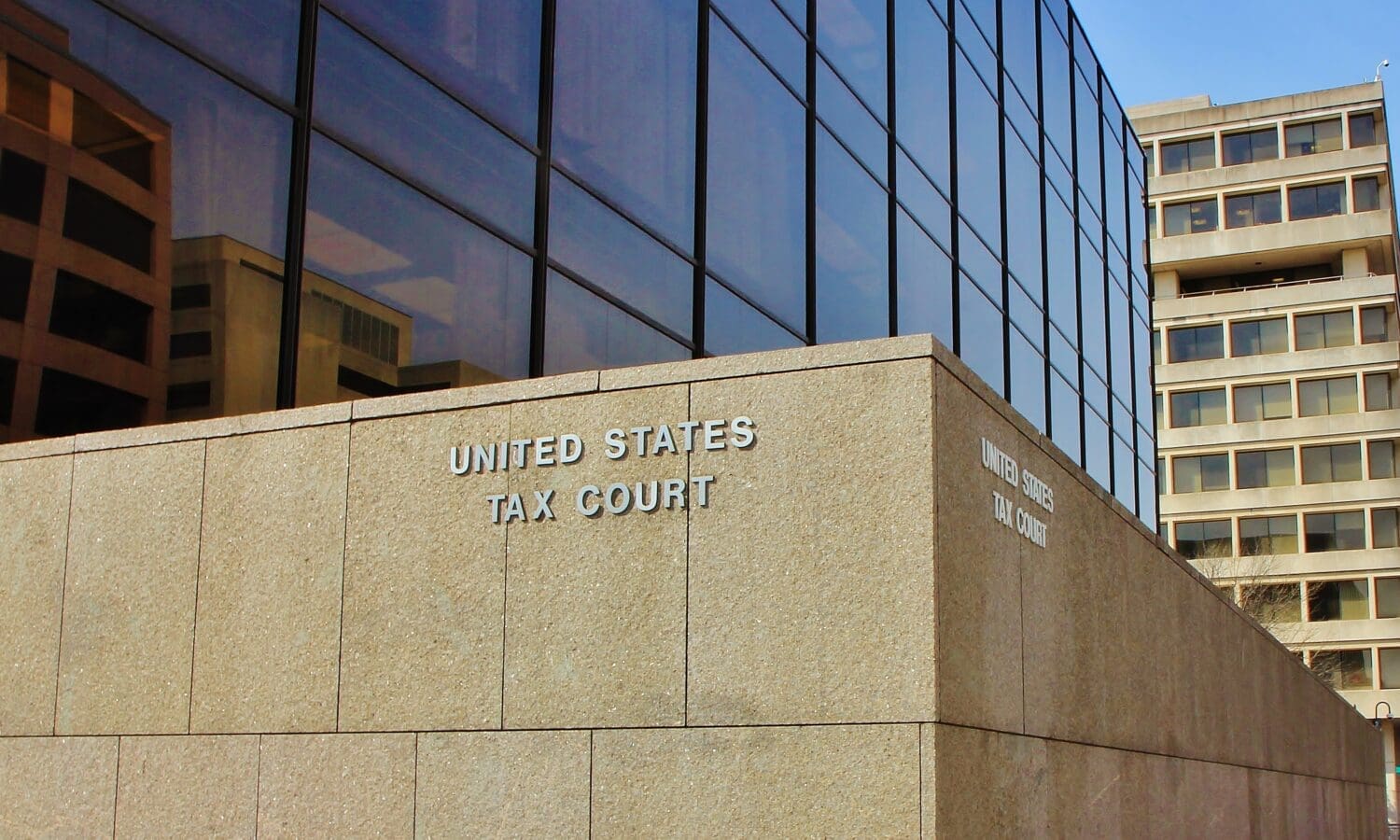
2018 Real Property Taxes: To Advance Pay or Not
The Tax Cuts and Jobs Act of 2017 – which just became federal law — severely restricts the amount of money an individual can deduct within their tax return for state or real property taxes paid to a state starting in 2018. In response, many states and local jurisdictions have made announcements that residents can prepay their 2018 real property taxes before the end of 2017 so that resident can take advantage of those deductions in 2017 prior to the enactment of the severe limitations within the Tax Cuts and Jobs Act of 2017.
 For example, in Maryland, Montgomery County declared that residents may prepay their 2018 real property tax in 2017. Additionally, the District of Columbia has also passed legislation allowed residents to prepay 2018 real property taxes. Further, many counties in Virginia are allowing residents to prepay their 2018 real property taxes. Although these jurisdictions are allowing residents to make real property tax payments early, these prepayment allowances do not clarify as to whether or not these prepayments will actually be deductible.
For example, in Maryland, Montgomery County declared that residents may prepay their 2018 real property tax in 2017. Additionally, the District of Columbia has also passed legislation allowed residents to prepay 2018 real property taxes. Further, many counties in Virginia are allowing residents to prepay their 2018 real property taxes. Although these jurisdictions are allowing residents to make real property tax payments early, these prepayment allowances do not clarify as to whether or not these prepayments will actually be deductible.
The Internal Revenue Service recently offered guidance stating that there are two requirements to deduct real property tax payments in any given tax year.
- The payments must be made in the tax year for which the deduction will occur.
- The payment is being made on an assessed tax bill and not for an anticipated tax bill.
 In Maryland, assessment for the tax year are made in June with all payments being due no later than the end of that current tax year. Therefore, prepayments for 2018 real property taxes in Maryland will most likely not be deductible to taxpayers. The District of Columbia’s assessments run from October 1, 2017 through September 30, 2018. This timing makes a portion of the 2018 real property taxes as being assessed. Based on this information, more likely than not prepayments for the District of Columbia will most likely be considered deductible in 2017. The Commonwealth of Virginia makes assessments in February of the current tax year with all payments due by November of that tax year, so it is unlikely that real property tax prepayments in the Commonwealth of Virginia will be deductible.
In Maryland, assessment for the tax year are made in June with all payments being due no later than the end of that current tax year. Therefore, prepayments for 2018 real property taxes in Maryland will most likely not be deductible to taxpayers. The District of Columbia’s assessments run from October 1, 2017 through September 30, 2018. This timing makes a portion of the 2018 real property taxes as being assessed. Based on this information, more likely than not prepayments for the District of Columbia will most likely be considered deductible in 2017. The Commonwealth of Virginia makes assessments in February of the current tax year with all payments due by November of that tax year, so it is unlikely that real property tax prepayments in the Commonwealth of Virginia will be deductible.
Regardless, however, there may also be circumstances for each individual that could limit the amount of their real property tax deductions. If the Alternative Minimum Tax (ATM) applies to an individual, then prepayment of taxes will still not be deductible.
This article is being based upon current information available from the local jurisdictions as well as the Internal Revenue Service as of the date of its publication. Furthermore, taxpayers whose taxes are included in their mortgage payments may risk an audit because the amount of taxes reported to the IRS by their mortgage company will not match what the taxpayer reported. It is possible that the Internal Revenue Service will change its position on this matter, and therefore, all taxpayers need should consult their tax advisor prior to making any payments or taking any deductions.
 Robb Longman, who is the Chair of the Firm’s Tax Practice, regularly assists clients in all tax-related legal matters. Mr. Longman currently serves as a fellow of American College of Tax Counsel, Assistant Secretary of the American Bar Association (“ABA”)’s Section of Taxation, and the former Chair of the Maryland State Bar Association’s Taxation Section. Mr. Longman has been practicing tax law for nearly sixteen years, not including his time as a student attorney at the University of Baltimore School of Law. Mr. Longman provides services to tax clients such as representing his clients for individual and business tax planning as well as working with his clients to resolve disputes with the Internal Revenue Service, Comptroller of Maryland, and other state taxing agencies. You can reach Robb directly at (301) 291-5027.
Robb Longman, who is the Chair of the Firm’s Tax Practice, regularly assists clients in all tax-related legal matters. Mr. Longman currently serves as a fellow of American College of Tax Counsel, Assistant Secretary of the American Bar Association (“ABA”)’s Section of Taxation, and the former Chair of the Maryland State Bar Association’s Taxation Section. Mr. Longman has been practicing tax law for nearly sixteen years, not including his time as a student attorney at the University of Baltimore School of Law. Mr. Longman provides services to tax clients such as representing his clients for individual and business tax planning as well as working with his clients to resolve disputes with the Internal Revenue Service, Comptroller of Maryland, and other state taxing agencies. You can reach Robb directly at (301) 291-5027.
